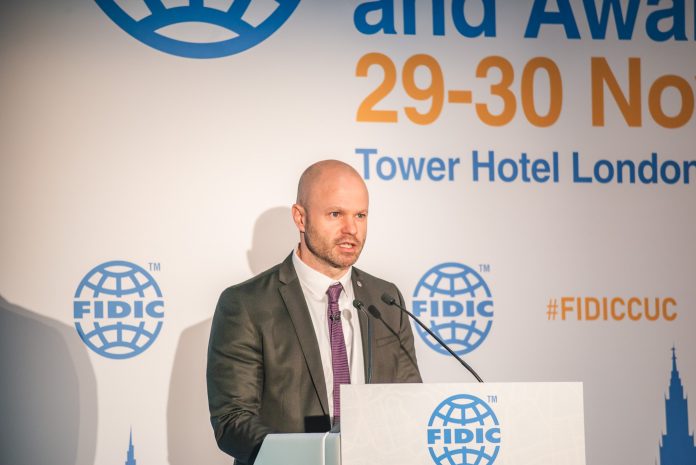Karoly Tamas Olajos, ITER site and buildings legal affairs group leader for fusion for energy, has told international engineering experts that the scale of developing fusion energy needs unique ways of working.
Speaking in London, Karoly Tamas Olajos stated boldly that “Fusion energy represents an opportunity to provide the world with low carbon, inexpensive and widespread energy that will help to achieve a net zero world and benefit all of humankind with a more just world.”
Delivering that, however, remains a megaproject like no other. ITER itself involves the governments of around half of the world’s population and since the first decade of this century, Olajos said that a lot has changed.
“We have realised that the scientific complications in fusion remain more difficult to achieve than was once hoped, but we are hopeful that 2023 will mark the start of a new era of delivery under a new team and structure that embraces collaboration across the sector’s complexity,” he said.
Fusion technology, he explained, must be developed with human society in mind. It must be designed with human needs and outcomes at its core.
“The introduction of the customer-supplier relationship into ITER’s work means that we are seeing the application of nuclear supply-chain regulated via French authorities, while establishing a global standard and developing a competitive market for the skills and companies needed to deliver fusion power,” Olajos said.
That represents a major undertaking for a sector that is highly specific in its skills and experience needs.
He explained: “This international approach means that we need to ensure that there is widespread commonality across legal processes and contracts for all work across what will be a fusion sector. As a result, we chose the FIDIC international contracts as standards to manage the extensive international complexity that is inherent to ITER and the technology.
This matters because of the social importance of eventually creating a fusion-energy industry. Olajos said: “ITER must be made a success because without it, there will be no fusion energy future for mankind and the hope for such inexpensive and low carbon energy will be lost. So we want to make our work more human-centred. That is a business imperative and we must not be internally focused.
“Instead, we are looking to deploy agile approaches to reflect the high levels of research and unfettered collaboration of diverse talent still needed to progress this technology. This is crucial because we need the best possible human ingenuity from around the world, which means the human capital development function is crucial and requires that we incentivise that across every part of our work.”
This specialised skill set means ITER will need to develop a critical mass of industry capacity, sustained over many years to deliver technology faster and at a lower costs. To do that, Olajos stressed that it could not act only as a procurement organisation.
“This would mean we are not reflective of the wider outlook for the industry. So we must ensure that ITER uses more and more expert engineering resources to strengthen its skills,” he said.
To make that happen with such an international undertaking, he noted that ITER had not only adopted international standard contracts to facilitate good engagement with international stakeholders, but that future developments will take this further.
“For this reason, ITER looks forward to the development of the FIDIC collaborative contract to support an even more collaborative approach across stakeholders,” he said.
Karoly Tamas Olajos was speaking at the FIDIC International Contract Users’ Conference held in London on 30 November 2022 in a session examining the management of complex megaprojects around the world.


















